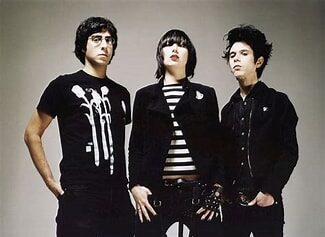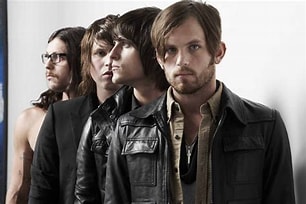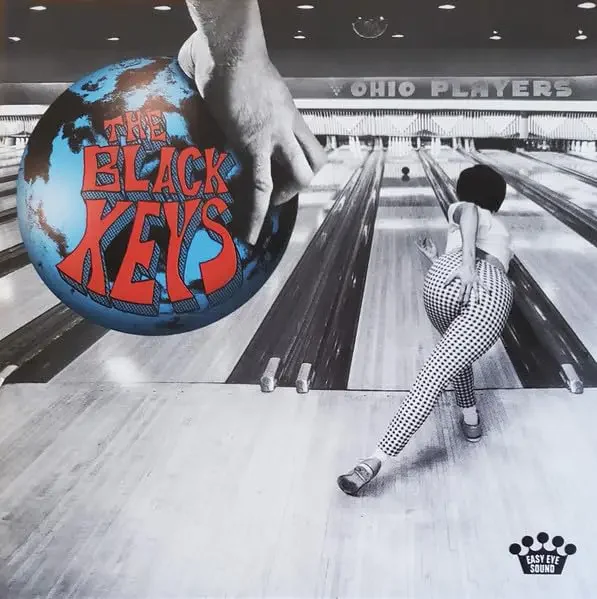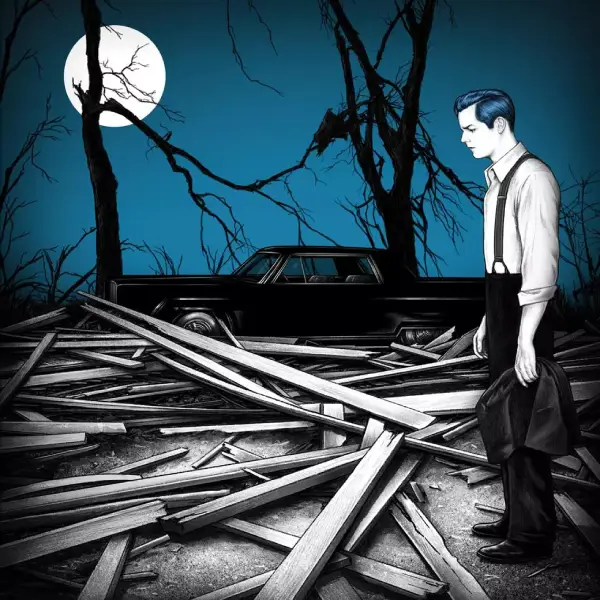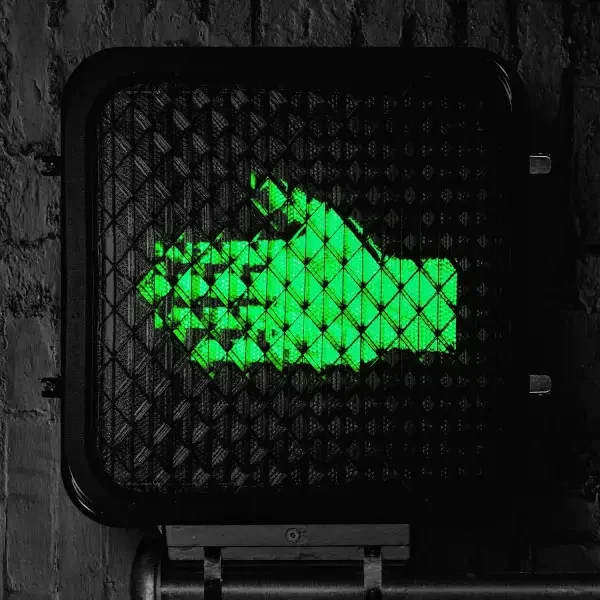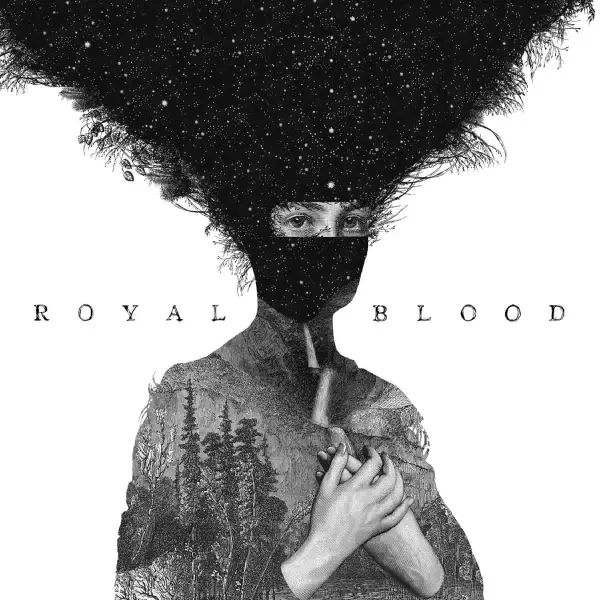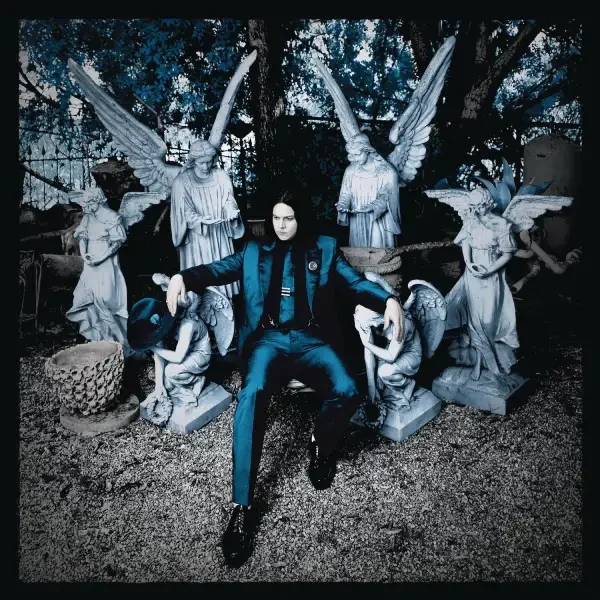Yeah Yeah Yeahs
The Yeah Yeah Yeah’s Karen O’s (Ozolek) vocal and stage antics made her impossible to ignore. Prone to dumping beer all over herself while performing, Karen O’s style owed at least something to Wendy O. Williams and Iggy Pop. Guitarist Nick Zinner and drummer Brian Chase delivered a raw Garage Rock din. In ’02, Yeah…
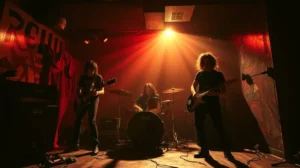 Garage rock, sometimes called garage punk or ’60s punk, is a raw and energetic style of rock music that emerged in the mid-1960s, primarily in the U.S. and Canada, and has since seen multiple revivals. Characterized by basic chord structures, fuzz-drenched guitars, and often aggressive, unpolished vocals, its name stems from the idea that young, amateur bands practiced in garages, though many were professional. Inspired by surf rock and the British Invasion, countless grassroots bands formed between 1963 and 1968, producing regional hits that occasionally broke nationally.
Garage rock, sometimes called garage punk or ’60s punk, is a raw and energetic style of rock music that emerged in the mid-1960s, primarily in the U.S. and Canada, and has since seen multiple revivals. Characterized by basic chord structures, fuzz-drenched guitars, and often aggressive, unpolished vocals, its name stems from the idea that young, amateur bands practiced in garages, though many were professional. Inspired by surf rock and the British Invasion, countless grassroots bands formed between 1963 and 1968, producing regional hits that occasionally broke nationally.